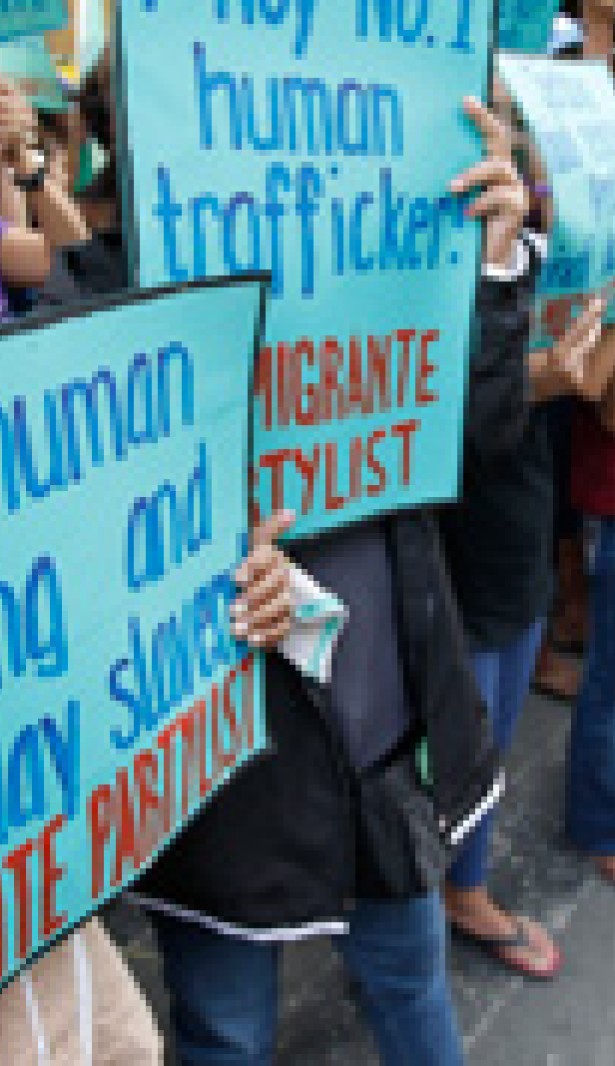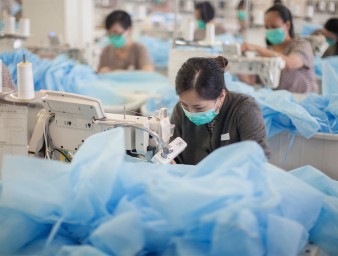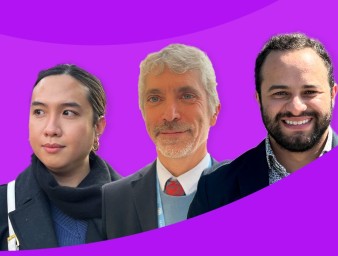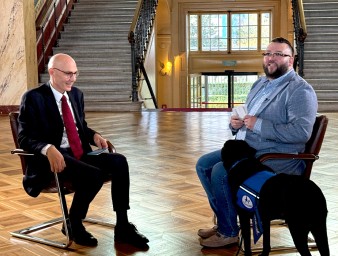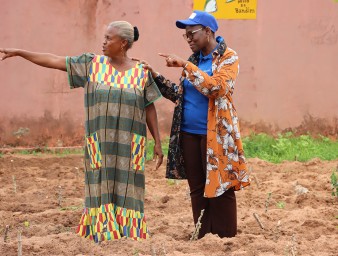Human trafficking: a multi-billion dollar global business
30 July 2014
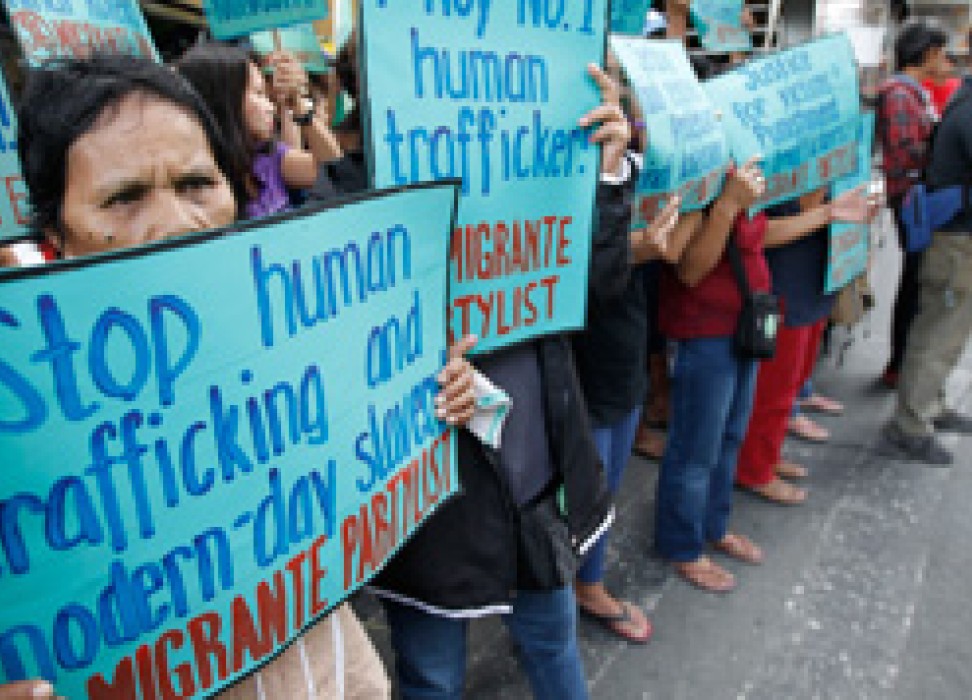
Describing the trade and exploitation of human beings through trafficking as one of the gravest and most comprehensive violations of human dignity, UN Human Rights Chief Navi Pillay marked the first-ever World Day Against Trafficking in Persons, by urging all governments to act: “Every government has a responsibility to fight it, both directly—through investigations and prosecutions – and in the deeper sense of serious and sustained efforts at prevention.”
From the young women who have been enslaved as prostitutes or abused as unpaid domestic workers to the men who have been trapped in everlasting servitude, victims of trafficking have frequently been made vulnerable by structural discrimination and inequalities, Pillay said at a special event held in Geneva to observe the Day.
According to the International Labour Organization (ILO), about 21 million men, women and children today are coerced into various forms of forced labour, generating as much as US$ 150 billion in illegal profits per year.
“The scale and diverse nature of the problem calls for comprehensive solutions” ,Kari Tapiola, the ILO Special Advisor to the Director General, said in his address. Those who benefit from exploitation must be punished, Tapiola said, and equally there must be strong preventative measures and improved support and compensation for victims.
During the event, Mike Dottridge, the Chairman of the Board of Trustees for the UN Voluntary Fund for Contemporary Forms of Slavery, said that the international community has invested more than 1.2 billion US dollars to combat human trafficking.
“However, over the past decade there have been countless horrendous cases of trafficked adults and children going unassisted or receiving far too little help to enable them to exit the vicious cycle of exploitation,” he said.
Since its establishment in 1991, the UN Voluntary Trust Fund on Contemporary Forms of Slavery, managed by the UN Human Rights Office, has awarded several million US dollars in project grants. More than 400 organizations world-wide have used the funds to provide humanitarian, legal, psychological and social assistance to victims of modern slavery. Well over half the grants go to survivors of trafficking.
July 30, the World Day against Trafficking in Persons is the day on which the UN Global Plan of Action against Trafficking in Persons was adopted in 2010, the first-ever universal document directed at combatting human trafficking.
30 July 2014
